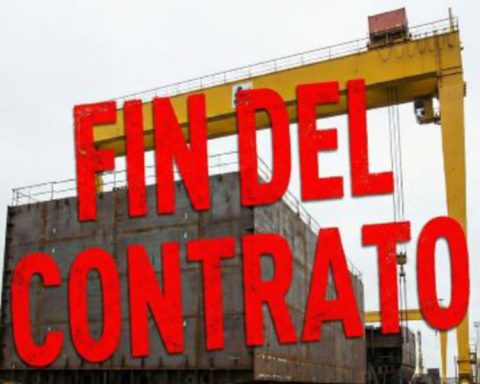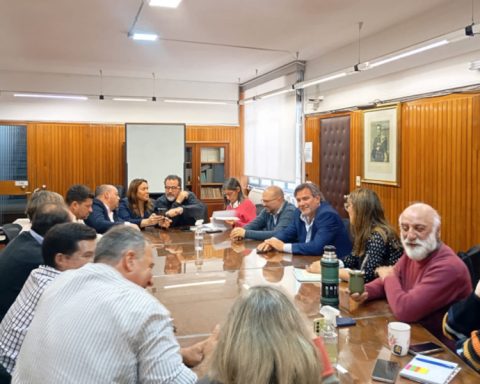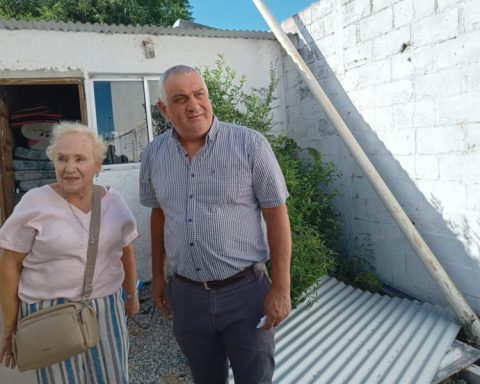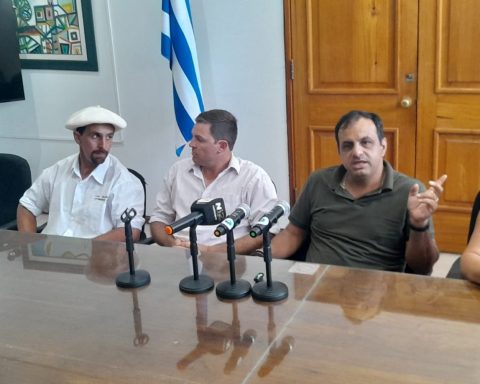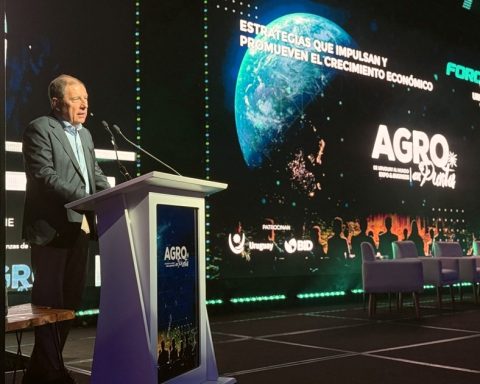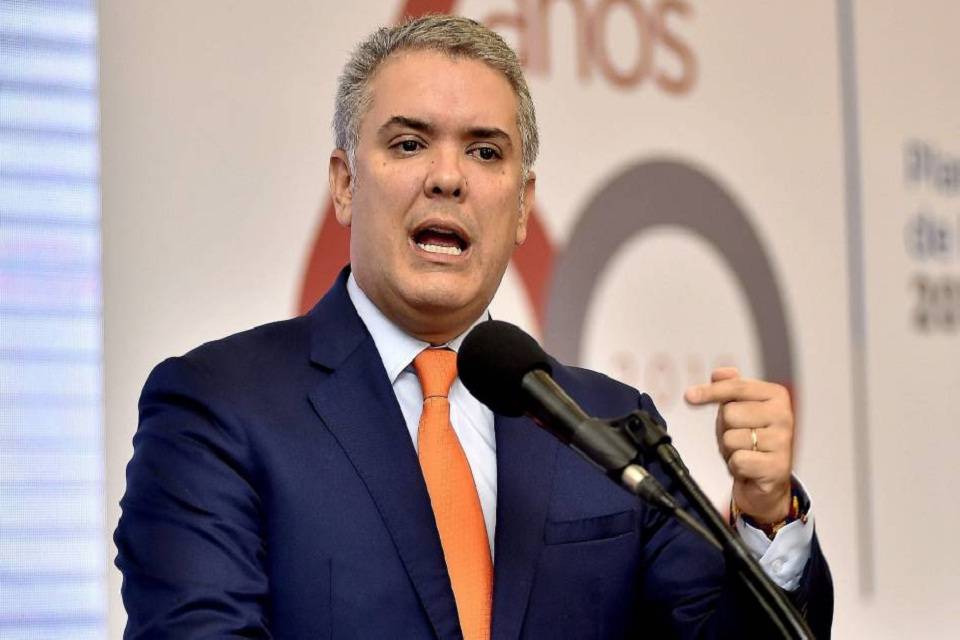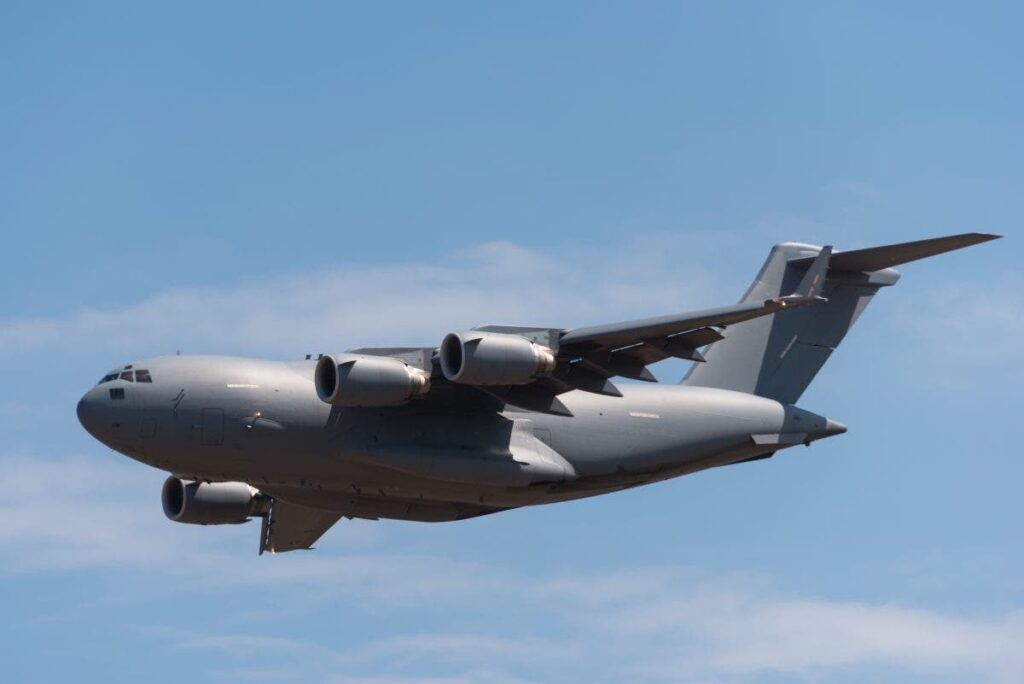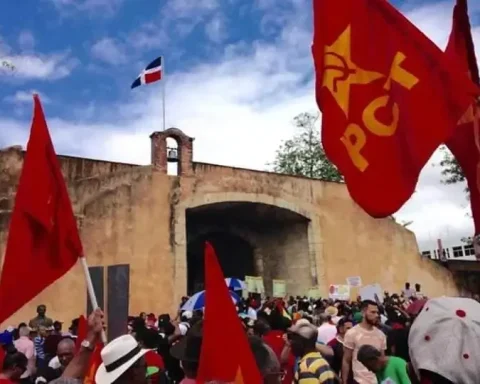It met all expectations had and to have. There were many foreign visitors, from Uruguay, Brazil, Paraguay, Mexico, Peru and Chile. The genetics that were expressed in different races and species is very important, which really sets a model. I don’t want to err on the side of being enlarged, but Really, the production of genetics in Argentina is of the first level.
On the other hand, in the agricultural machinery pavilion things were seen that could be in any first world country, a great development of machinery. It really was a brand-new, spectacular, wonderful exhibition wherever you look at it. Visitors and exhibitors came from all over Argentina, who came to show their potential here.
How were the businesses carried out in the Rural?
There were businesses, a little more depressed than other years, surely because of this situation that we are experiencing in Argentina with very important macroeconomic problems. With these differences in the exchange rate that we have today, there is an amazing diversity of dollar values. This is a situation that all citizens suffer, with an inflation that some newspaper already says will be in the order of 90%. With these exchange rate problems, many manufacturers do not know how much to charge for their production, because they do not know how much they are going to replace their raw material. In addition, there is a lack of credit, which for a country that wants to advance is something very important, and in Argentina it is lacking.
In this economic scenario, how is Argentine agriculture?
The agricultural sector is slowed down. We are with a very even production, of 130 million tons (of grains), as slowed down. We have a meat production that has not been registering any increase as a result of interventionist policies carried out by the government that today controls the reins of Argentina, and that makes us all take a much calmer and more conservative position with regard to investments for the elderly volumes.
How much does a farmer, a rancher and a dairy farmer receive today for their productions?
Soybeans in the world are around US$540, the Argentine producer charges 48 or 49 thousand pesos, which is 33% of the real value in dollars. That is to say, here, a few kilometers away, crossing the river, while the Uruguayan producer charges US$540 for soybeans, the Argentinean charges US$130 (per ton).
Does that happen with all productions?
Yes, soy is half like the star, but that happens everywhere. Regional productions such as lemon, pear, apple, vineyards, yerba mate and cotton are suffering from this dollar exchange rate, a lack of competitiveness that little by little is leaving us out of the market.
How is Argentina’s competitiveness in the region?
Bad, the exchange rate problem is leaving us on the sidelines of all productions in general.
Is it possible that more Argentine investments land in Uruguay’s agriculture?
I understand that there are many Argentines who have gone to Uruguay to produce, to do the same thing that is done here but in a country with clear rules. Uruguay is characterized by its fair rules. In Uruguay, from what I understand, things don’t change from one day to the next, there is a forward-looking perspective. I highly value the institutional quality of Uruguay, where norms and rules are respected and nothing arbitrarily changes according to the government in power.
How do you see Uruguayan agriculture?
I see that the Uruguayan producer is increasingly positioning itself in a better way in terms of technology and levels of production in agriculture. In animal genetics they have progressed enormously, in meat Uruguay is at the forefront of many, of course with a much smaller general herd than in Argentina, but with a really good efficiency.
How do you see the negotiations between Uruguay and China for a Free Trade Agreement?
Argentina integrates Mercosur like Uruguay and I understand that above Mercosur there are independences of nations. I very much understand the president of Uruguay, who wants to defend his position of not so much protectionism, not so many barriers between us, and achieve an individual improvement for Uruguay, if that treaty can be made with China.
On the other hand, I regret that we do not agree among ourselves, but it is the reality that touched us and I think we are going to evolve. I hope that the benefit that Uruguay can have with a good Free Trade Agreement with China can spill over to the other Mercosur countries. You have to work little by little and generate the necessary confidence for these things to happen.
Are production costs a concern in Argentina?
Enormously. Returning to soybeans, the producer receives a dollar for his production, which is less than 100 Argentine pesos, because he gets paid when he sells his production. But when he goes to buy supplies to face a future planting, he finds prices that are based on a dollar of almost 300 pesos. That is the reality, and you will say, why do they continue? Because that’s what we do. I am a livestock producer and I am going to continue raising livestock until I can no longer, but it is my livelihood and that can be replicated in any activity in the Argentine countryside.
Why is agricultural unionism important?
We have a responsibility to make the voice of producers heard. We are a very dynamic sector, which invests a lot. The field is always at the forefront in the different productions and I think it is very important that unionism exists, because the voice of many becomes stronger when we are together.
Have you felt heard by the government?
In the last years of this government we have had encounters and disappointments, we have been heard but not understood.
Youth in agriculture
How is the generational change in the Argentine countryside today?
Argentina is suffering a situation that hurts, but that draws powerful attention, young people during their studies or perhaps before they are looking for new horizons. And it’s not that Argentina isn’t a beautiful country to live in, they’re looking for a future. A young boy who leaves university at 24 or 25 years old with jobs that are poorly paid in pesos, how does he go about buying his first home? It’s complicated.
We invite you to come closer to our entity because we need you to get more involved.
Do young people have opportunities today in the field? How is, for example, access to land?
Real access to land through purchase is complicated, but there is access because technology has advanced a lot and that makes it easier to get closer to producing. In this we are being advanced. It is our function, not only as leaders but also as Argentines, to be able to make young people fall in love so that they continue to participate in this.

